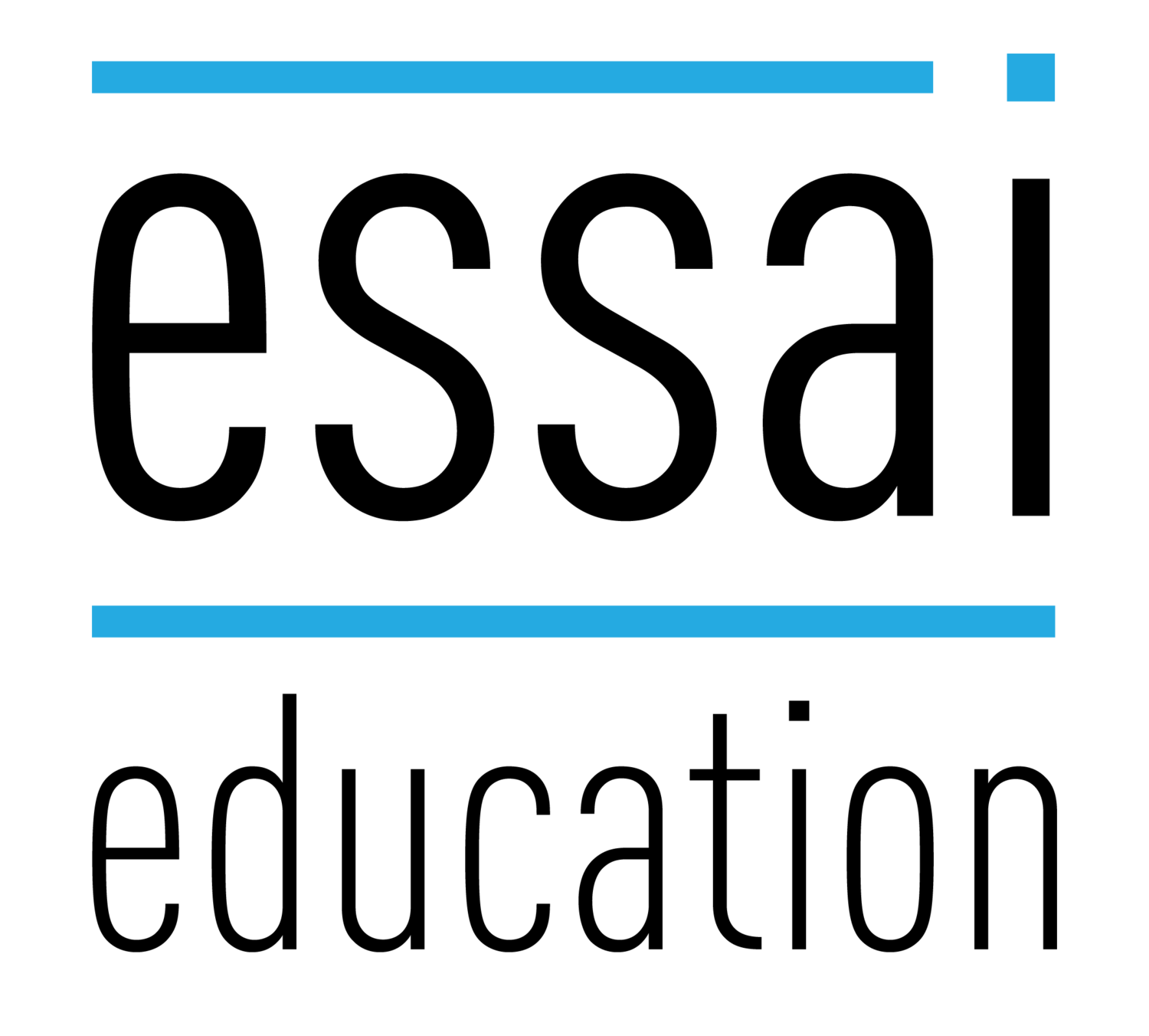To really rock the any punctuation question of the ACT grammar section you need to know your dependent clauses from your independent clauses. That's not really hard, but frequently people do not focus on the right thing when trying to determine to which of the two types a clause belongs.
As a little recap from the last post, a clause is a unit of meaning that contains both a subject and a conjugated verb. So 'they run' is a clause.
Now, is this clause dependent or not? Can it stand on its own, or does it need completion by another clause? The answer is yes, it can stand alone. You might want to say that 'they run' is not enough information to stand on its own - that we don't know who is 'they', or that we don't know where or why they run - but as a unit containing a subject and a verb that goes with it, it is a complete thought able to stand on its own.
The important thing to understand is that all clauses are born free and independent. What can make them dependent is the use of conjunctions. This is why conjunctions are extremely important words. Conjunctions are words that create joints between clauses and determine the type of clause at the beginning of which they stand.
Understanding this is important since it drastically reduces the number of words you focus on when determine the type of a clause: one; only the first word counts. If the clause does not begin with a conjunction, the clause will automatically be independent, as in the example 'they run'.
If a clause is headed by a conjunction, the clause can be either dependent or independent.
When a clause is headed by one of the FANBOYS conjunction (for, and, nor, but, or, yet, so), the clause will always be independent. E.g. they run, but he doesn't. Both clauses are independent; the comma could easily be replaced by a full stop without any sense that something is left incomplete. As far as punctuation is concerned, it's important to remember that FANBOYS will always be preceded by a comma. So the formula to remember is CLAUSE COMMA FANBOYS CLAUSE.
A common mistake consists of doing the same thing but leaving out the FANBOYS. This is called a comma splice. Never pick an option that has the structure CLAUSE COMMA CLAUSE, the comma splice formula.
There is a another type of conjunction, called subordinating conjunction (Sub), which always makes the clause to which it is joined independent. Common Subs are after, when, because, if, although.
Whenever a clause begins with one of these, an independent clause will need to follow in order to complete the thought. If I just say 'when they run', everyone is going to wait for me to finish the sentence - the thought is incomplete, the clause dependent - and say something like 'they get very hungry'.
Now, for punctuation, the order in which dependent and independent clauses follow each other is key to deciding whether the two clauses need to be separated by a comma or not.
When a sentence opens with a dependent clause that is followed by an independent clause, the two will always need to be separated by a comma. Always follow the formula SUB CLAUSE COMMA CLAUSE. E.g. because they run, they are fit.
If the dependent clause comes second, no comma is needed. The formula is CLAUSE SUB CLAUSE. E.g. they are fit because they run.
So there are only a handful of formulas you need to know in order to totally rock any clause and punctuation question:
CLAUSE (INDEPENDENT)
CLAUSE COMMA FANBOYS CLAUSE (INDEPENDENT + INDEPENDENT)
CLAUSE COMMA CLAUSE !!! COMMA SPLICE: DON'T DO THAT
SUB CLAUSE COMMA CLAUSE (DEPENDENT + INDEPENDENT)
CLAUSE SUB CLAUSE (INDEPENDENT + DEPENDENT)
Determining the type of clause is really very easy. You only need to look out for the first word in the clause; that's all. That's the power of conjunctions.
Contact us here for more info about ACT prep with Essai.

